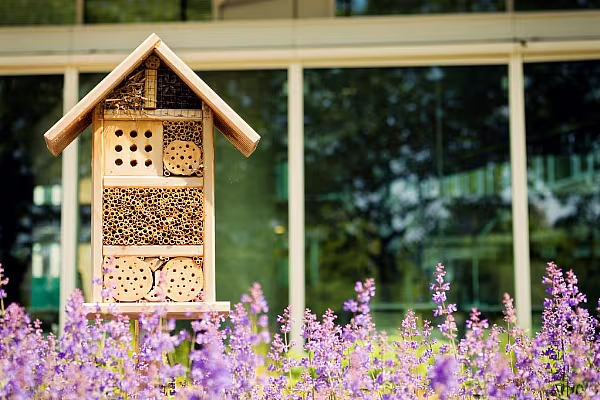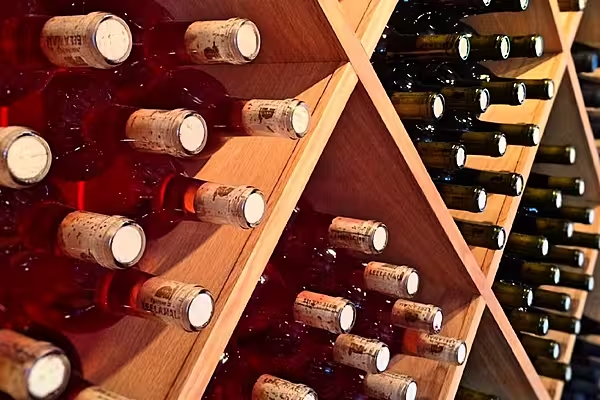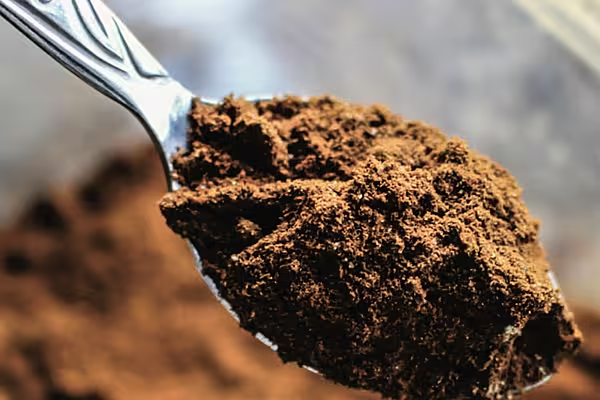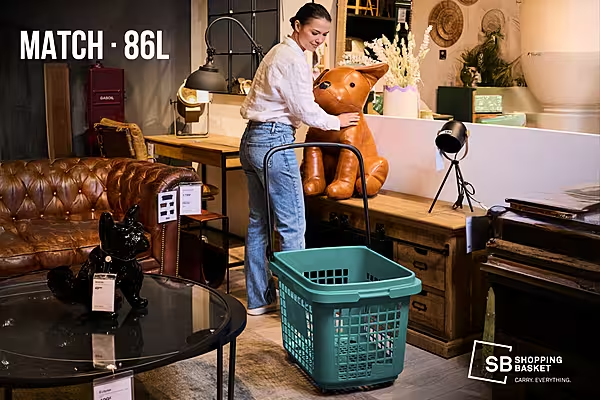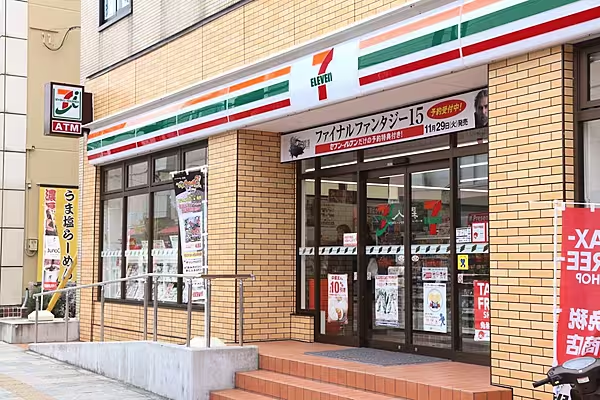Discounter Lidl has developed a new global standard with GLOBAL GAP around increased biodiversity in the production of fruit and vegetables in Europe.
The GLOBAL GAP Add-On BioDiversity module is available to all players in the fruit and vegetable sector to complement the current GLOBAL GAP standard for good agricultural practices, the retailer noted.
The retailer conducted trials in Germany, Italy, Poland, and Spain, involving several agencies and farms to test the requirements in the field.
The certification has been developed in association with the Sustainable Food Systems GmbH (SFS), the spin-off of the FiBL.
The Global Nature Fund, Bioland, the Lake Constance Foundation and the University of Nürtingen-Geislingen served as scientific partners in the project.
Lidl Biodiversity Standards
Lidl added that it will be the first European retailer to work with the standard and more than 250 producers across Europe will implement it in the first phase.In the next step, it aims to encompass all European fruit and vegetable producers.
Isabelle Colbrandt, spokesperson for Lidl Belgium, said, "The introduction of the first biodiversity standard for conventional fruit and vegetable cultivation in Europe shows how important entrepreneurship and cooperation are.
"Thanks to the standard, it is now possible to set minimum requirements in terms of biodiversity across the sector. This is in line with our ambition to deliver industry-wide transformations to address one of the most pressing challenges of today: preserving our biodiversity."
Read More: EU To Halve Pesticides By 2030 To Protect Bees, Biodiversity
Biodiversity And Sustainability
'Respecting biodiversity' is one of the six core themes of Lidl's sustainability strategy.
The retailer stresses the importance of a diverse and intact natural environment for its own activities and food supply for a better future.
The joint development of the GLOBALG.AP Add-On aligns with Lidl's current biodiversity strategy.
The new strategy focuses on identification of raw materials whose cultivation often entails particularly high risks with regard to biodiversity.
© 2022 European Supermarket Magazine – your source for the latest retail news. Article by Conor Farrelly. Click subscribe to sign up to ESM: European Supermarket Magazine.
